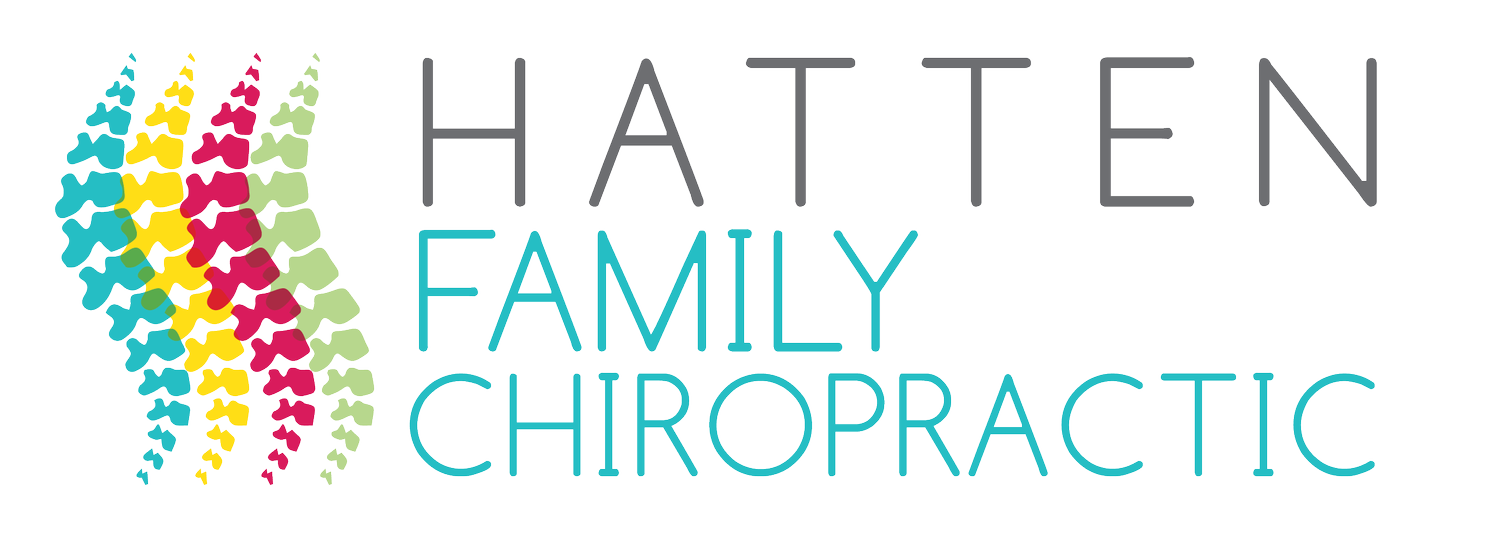What is Health?
So what is health, anyway?
Merriam-Webster offers three definitions, and today we will look at the first two.
the condition of being sound in body, mind, or spirit; especially freedom from physical disease or pain; the general condition of the body.
a condition in which someone or something is thriving or doing well
I want to approach both of these definitions separately, and then we'll talk about the global importance together.
Health, as it pertains to an individual, is recognized to have multiple, separate pieces. Health can and does come from the body, mind, and spirit. It also means the freedom from physical disease, and I would posit mental disease as well. MW also adds specifically the general condition of the body is representative of overall health.
This all makes sense. This definition, perhaps without the inclusion of mind and spirit, are generally what we think of when we talk about the health of ourselves and others. But now, I want you to look at the second definition. "A condition in which someone or something is thriving..." What a fantastic image! I can think of several amazing examples of thriving off the top of my head. I see a beautiful garden with flowers bursting into bloom. I see a geriatric patient of mine finishing his fifteenth marathon. I even see a child with a fever of 102.3 fighting off some bacterial infection she got while at school. All of these things are examples of a living thing thriving.
Wait just a minute, did I just say that a grade-schooler with a fever who probably can't go to school is thriving? Yes! Absolutely. As long as she is being cared for and monitored by her parents or loved ones, her body is doing exactly what it was designed to do! Her body has increased its overall operating temperature in order to kill off the bacteria making her sick. Granted, in some instances, the fever won't break and some emergent medical care may be necessary, but in most cases, all it takes is a few hours, a couple of blankets, and some delicious soup to kick the fever and the infection. How miraculous that the human body innately knows what to do in order to stay healthy!
Chiropractic Health and Wellness
For me, as a chiropractor, health and wellness fall somewhere in the middle of the intersection between your physical, mental, intellectual, emotional, spiritual, economic, social, and environmental healths. That might sound like a lot to chew on, but let's think about it in a smaller way. Do you know anyone who has claimed to be stressed out by work or money? I certainly know that I do. I'm equally sure that we have all heard that stress can raise your blood pressure. Well, when your blood pressure goes up, many your organs stop functioning as well as they could, and your overall physical health begins to decline. But it wasn't an infection that started this! It was mental or emotional stress about work or money.
I want to share another definition of health from the World Health Organization's 1948 constitution
Health is "a state of complete physical, mental, and social well-being and not merely the absence of disease or infirmity."
I think this definition, along with MW's second definition is a much more accurate picture of the health and wellness advocated by chiropractors. Health is so much more than not having aches or pains. It's about thriving in every aspect of your life!
So what can I do for you? I offer an alternative way to look at your health, as a balance of areas and aspects of life, as well as the very special and unique chiropractic adjustment. The chiropractic adjustment, which have I given a lot of detail on here, helps to remove interference from the nervous system so that the brain can more effectively communicate with the body. As a result, patients often experience less pain, greater mobility, and a host of systemic benefits. Some studies are examining the links between chiropractic care and anxiety disorders. Some chiropractic studies have examined the links between chiropractic care and the immune system in HIV patients.
Even if you are not able to be my patient for whatever reason, I encourage you to stop and take stock of your health today. Look at the areas I mentioned above. Write down two or three things that you think you could realistically improve in the short term, say in the next four weeks. Now, come up with an action plan and write this in the same place as your goals. That means generate one or two ideas for things you can do every day to help you move towards those improvements. Try to write down what you did each day, even if it's just a sentence or two. At the end of the month, you'll be amazed as you sit down to review your progress. You might even be a healthier you.
If you're willing, would you please leave a comment about a part of your health that you are going to work on improving?
Yours in health,
Dr. William


